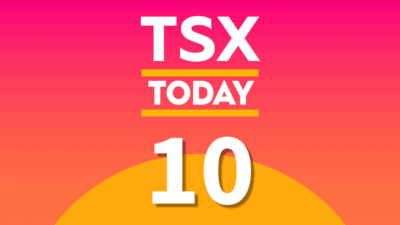A little over two years ago, activist investor Bill Ackman made a presentation to analysts and investors of Canadian Pacific, making the case that the company needed new leadership. In the end, he was successful in getting his nominees elected to the board, and CP’s stock has doubled since then.
But what would have happened if CP’s public shares had limited voting rights, as is the case with so many other Canadian companies? Well, probably nothing. CP’s old leadership would still be in charge, and shareholders would be far worse off.
So does this mean that you should avoid all limited voting shares? After all, the presence of such shares makes a takeover much more difficult. And if the management team or the board of directors is underperforming, it can be nearly impossible to remove them.
On the flip side, directors and senior executives will argue that activist investors don’t always have shareholders’ interests in mind, and don’t have any experience running the companies they’re targeting. Likewise, many takeover attempts can involve lowball offers.
So when you’re deciding on buying limited voting shares, there are some things you have to consider. For example, you should never buy a nonvoting share if the company is poorly run. Because it will likely stay that way for a while. Also you should not count on a takeover if your shares are nonvoting – it can happen, but it’s not nearly as likely.
A few candidates to consider
There are some companies where regular shareholders have little to no rights, but you should still consider buying the stock anyway. For example, Brookfield Asset Management (TSX: BAM.A)(NYSE: BAM) has two classes of shares – Class A and Class B. The Class B shares are limited in number but have just as much power as all of the more numerous Class A shares.
But given Brookfield’s performance, with the stock returning 15.6% per year over the past 15 years, Bill Ackman will not be launching any shareholder revolts anyway.
Rogers Communications (TSX: RCI.B)(NYSE: RCI) and CGI Group (TSX: GIB.A)(NYSE: GIB) give even fewer rights to their common shareholders. CGI’s class B shareholders get 10 votes compared to only 1 for the Class A shares. And the Rogers Class B shareholders can’t vote at all. But like Brookfield, these companies have performed better than Canadian Pacific was performing when Mr. Ackman stepped in.
Shouldn’t make a difference
The fact is, you shouldn’t buy shares of a company if you don’t trust the management team. Nor should you buy a company’s stock just because you think it will be taken out. And anyways, the odds are against any one company being in the crosshairs of an activist.
So at the end of the day, a lack of voting rights shouldn’t really prevent you from owning a company’s shares. Unless your name is Bill Ackman.







